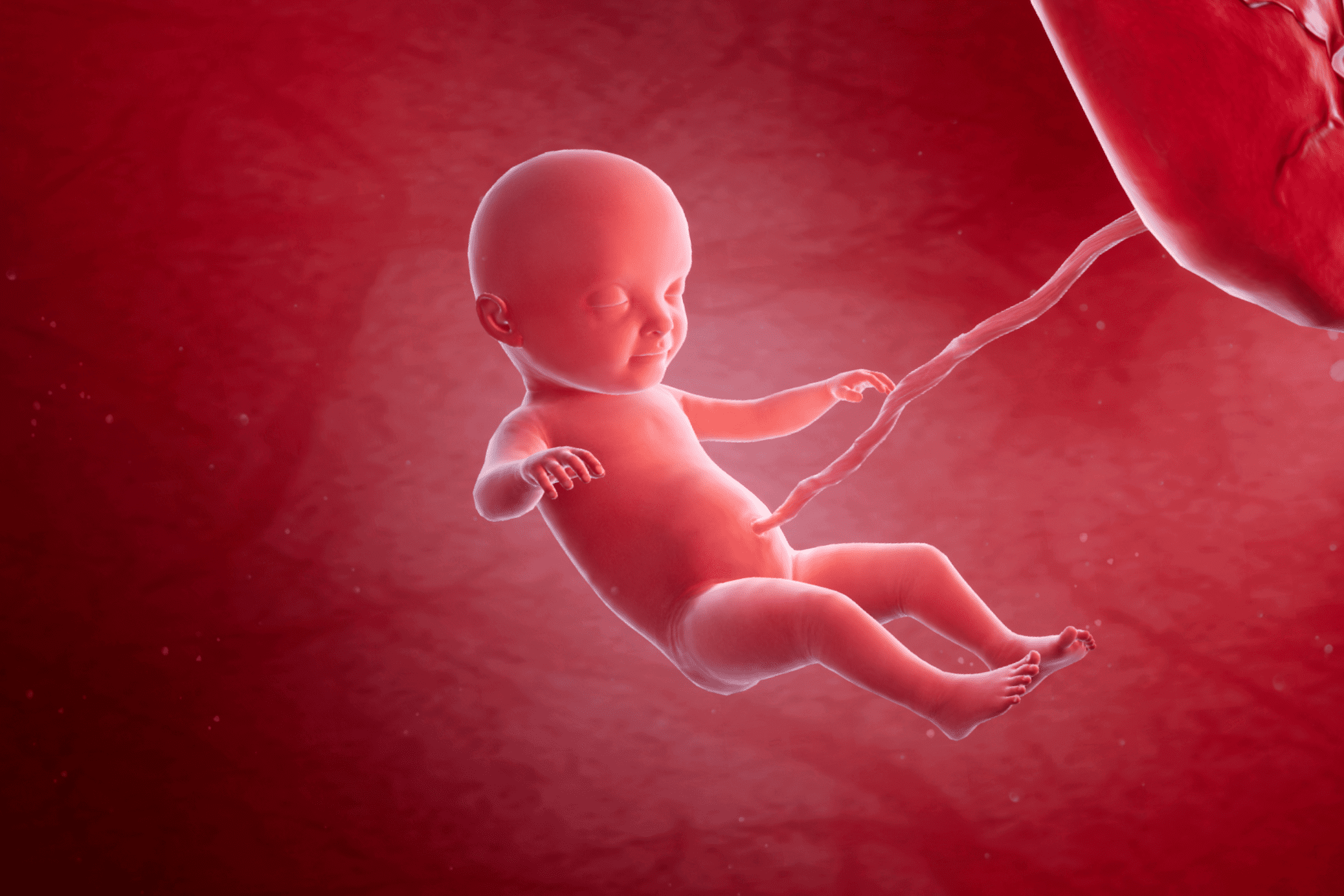Your Pregnancy, Week 33


Welcome to week 33! You are now less than two months away from your due date. It won’t be long until you are visiting your healthcare provider every week, and it will soon start to seem like everything is happening at once. Until then, remember to look after yourself and don’t be afraid to ask for help from your support network when you need it.
Your Body
At this point in your pregnancy, the focus will begin to shift toward delivery, with your doctor monitoring for signs of possible premature labour. Any labour that begins before Week 37 is considered to be premature. About 11.4% of babies worldwide are born prematurely.
Genuine premature labour is not the same as Braxton Hicks contractions and it helps to be able to distinguish the two. Braxton Hicks contractions are a type of sporadic uterine contraction that some women experience during their pregnancy, most often in the second and third trimesters. Whilst they are similar to the contractions that are felt during labour, Braxton Hicks are not as strong, and are usually fairly irregular. They do not cause your cervix to dilate and are not a precursor to premature labour.
A number of factors contribute to premature labour and possible early delivery; however, it is worth considering that many women who go into premature labour will still deliver at, or after, 37 weeks. If you think you have gone into labour and it is before 37 weeks, you should contact your healthcare provider immediately, so he or she can recommend what steps to take next. This might involve going into hospital for monitoring and investigative procedures to check that you are not dehydrated, that your waters haven’t broken, and that there are no infections or bleeding. If your labour cannot be delayed and premature delivery becomes inevitable, you will be given steroids to help mature your baby’s lungs and better prepare him or her for delivery.
Whilst this can all sound quite alarming, in truth, premature labour is not that common and you should try to avoid interpreting every new symptom as a sign of premature labour. One new symptom that you might be experiencing from week 33 onwards is numbness in your feet and legs. This is usually caused by your significantly enlarged uterus compressing the nerves that supply your lower limbs and is seldom a sign of a deeper, underlying issue.
Finally, you may be pleased to hear that even this late in pregnancy, if you still feel like having sexual intercourse, there is no reason to abstain (unless your doctor or midwife has explicitly advised against it). You and your partner will probably have to make some adjustments to avoid putting pressure on your growing tummy, but sex is theoretically possible right up until the time your waters break.
Your Baby
With a foetal age of 31 weeks, your baby can weigh as much as 1.8 KG and measure almost 46cm from head to toe. With his or her arms and legs tucked in, your baby is about the size of a pineapple.
Your baby’s main job now is to grow and finalise the development of their lungs, circulatory system, and brain and nervous system. Your baby will gain an average of 0.2 KG a week from now until delivery; with the average newborn weighing between 3 and 3.2 KGs.
As your baby has continued to grow, the amount of amniotic fluid has steadily decreased. By week 33, your baby will be surrounded by less than one litre of amniotic fluid.
Doctor’s Tip:
“Things like skin-to-skin and breastfeeding can absolutely be done when your baby is in the NICU, and have actually been shown to get your baby healthier more quickly.”
Your Pregnancy, Week 32 < > Your Pregnancy, Week 34
Powered by Bundoo®










































